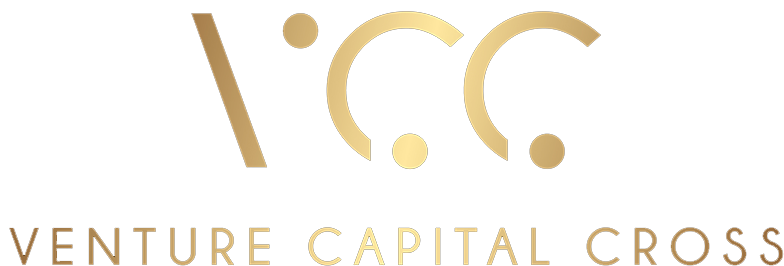For Shareholders
Whether you are an early investor, employee, or other type of shareholder - Venture Capital Cross can help sell your shares. Private Markets are unlike public markets in many ways, but the most significant difference is there is no guaranteed liquidity. The steps are to collect your KYC including Photo ID, Proof of Shares, and obtain an authorization from you to sell your shares in the form of a Firm Offer Ticket or Selling Agreement (Agency Agreement). All securities are processed by R.F. Lafferty & Co. Inc. - counterparties are given the choice to complete the KYC form, or to open a brokerage account (the information required is similar).

See the above explained in a Video on YouTube (opens new window)
Preliminary Questions
1. Do you know if you are able to sell your shares? Companies all have transfer restrictions, but you need to check your contract. If the language says that it requires board approval, that's a standard ROFR process, it means you can sell them. That's what VCC will help you with. Some companies have language that any transfers are strictly forbidden. Transfer friendly companies should give you a heads up if you're allowed to sell them on the secondary market or not. Another category of companies provides tender offers for employees where investors buy shares of employees that want to participate. Ask your company or if you cannot, you can ask us. If transfers are strictly forbidden, you can sell your shares via Forward contract if you are an Eligible Contract Participant.
2. Do you have shares or options? You can only sell shares.
3. What is the difference between the VCCross Portal and a brokerage account at RF Lafferty?
Venture Capital Cross is a DBA of R.F. Lafferty & Co. Inc. for the purposes of exchanging information about Venture Capital Deals, ranging from early stage private placements to late stage secondaries.
Next Steps
1. Sign up for the Venture Capital Cross Portal
2. Open a brokerage account @ R.F. Lafferty & Co. Inc. (This is for KYC purposes, your account will be reviewed and approved by compliance)
3. Upload or Email your Proof of Shares, Shareholder Agreement, and Photo ID
Once these 4 steps are complete, your order to sell will be anonymously and diligently marketed across a wide book of business including investment banks, brokers, funds, family offices, investors, and pension funds looking for investment opportunities.
Setting your expectations
Private Markets are generally one sided; there are all buyers or all sellers. In the case your company is in high demand, our job will be more clerical - handling the paperwork in the correct and prescribed manner, ticking all the right boxes, following company policy and US Regulations. In the case where we have an existing buyer, the process is faster, and generally more smooth.
If your company is not in demand, the strategy is to target investors of similar companies; i.e. if you liked Kraken you'll love Chainalysis. This doesn't guarantee a sale but it's the best effort we can make to match your supply with demand.
FAQs
- No transaction, no fee. A success fee is charged only when the transaction is closed (Settled).
- VCC does not require exclusivity, however, once we have your order we kindly ask to go quiet on other fronts, in order to avoid negative market feedback. See this video on The Value of Being Quiet. Shopping your bid or offer guarantees a worse price; this is counterintuitive but it is a fact in private markets due to market fragmentation and micro architecture.
- Note that it is not possible to sell options, only shares. If you hold options, you must convert them to shares first.
- Company transfer restrictions vary. All companies have Right of First Refusal (ROFR) and must be noticed, however, some companies are transfer friendly and some not.
- Any counterparty in a Forward transaction must be an E.C.P. Eligible Contract Participant. See what is an ECP. This definition includes sellers of Forward contracts.
- Prices displayed on data websites do not necessarily indicate a market price for shares.
- Average settlement time for direct transfer is 30-60 days. SPV transactions settle on average from 2/3 days to 2 weeks depending on the buyer's ability to review documents.

